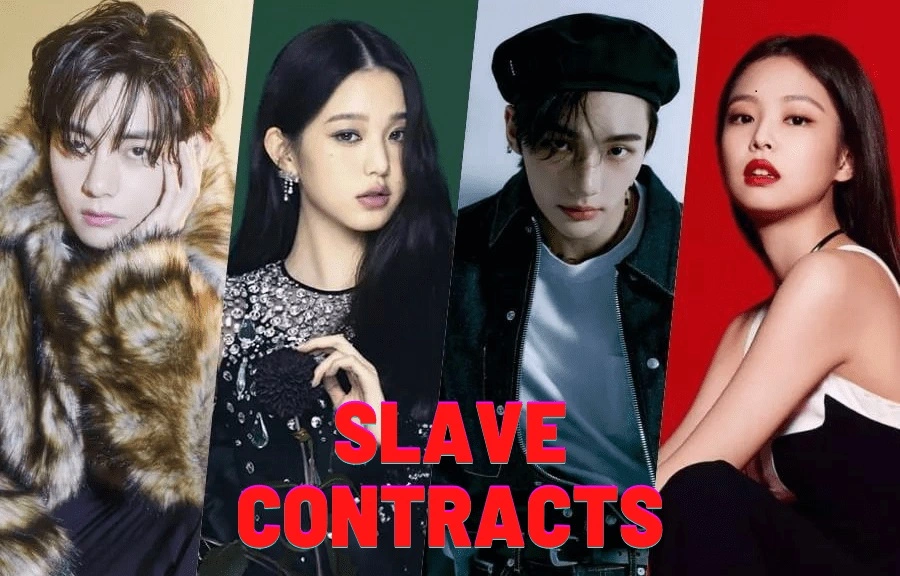In recent years, BTS has taken the world by storm, becoming one of the most successful K-pop groups globally. With their catchy music, synchronized dance routines, and dedicated fanbase, the septet has achieved immense fame and success. However, behind the glitz and glamour of the K-pop industry lies a darker side that often goes unnoticed. In this blog post, we will delve into the concept of "slave contracts" and shed light on the challenges faced by artists like BTS.
The K-Pop Industry:
The K-pop industry is known for its highly competitive and rigorous training system. Aspiring artists, often scouted at a young age, undergo years of training in singing, dancing, language, and more. These trainees endure long hours of practice, strict diets, and even restrictions on dating and personal life. This intensive training period aims to create perfectly polished idols who can meet the high standards set by the industry.
Slave Contracts Defined:
Slave contracts, also known as "unfair contracts" or "exploitative contracts," refer to the binding agreements that K-pop artists sign with their entertainment companies. These contracts typically have lengthy durations, ranging from 5 to 13 years, during which the artists are contractually obligated to remain with the company. These agreements grant the companies significant control over various aspects of an artist's life, including their schedule, earnings, image rights, and more.
Lack of Personal Freedom:
Under the terms of slave contracts, K-pop artists often face severe restrictions on their personal lives. They may have limited freedom to choose their hairstyles, fashion, or even the type of music they produce. Furthermore, dating bans are common, preventing artists from entering into relationships, which can lead to isolation and emotional stress.
Exhausting Schedules and Mental Health:
K-pop idols like BTS are subject to grueling schedules that leave them with little time for rest or personal activities. They frequently juggle performances, music production, variety shows, fan meetings, and international tours, leading to physical and mental exhaustion. The demanding nature of their work can have detrimental effects on their mental health, contributing to issues like anxiety, depression, and burnout.
Financial Exploitation:
Although successful K-pop groups generate substantial revenue, individual artists often receive a small portion of the profits. Entertainment companies typically control the majority of an artist's earnings, which can lead to financial exploitation. This financial imbalance between the artists and their agencies has sparked debates about fair compensation and transparent accounting practices within the industry.
Limited Legal Protections:
K-pop idols face challenges when it comes to asserting their legal rights. The Korean entertainment industry's structure and practices make it difficult for artists to challenge or terminate their contracts. Disputes or attempts to leave the company can result in legal battles, damaged reputations, and prolonged legal procedures, creating a significant power imbalance between the artists and the companies.
Positive Changes and Activism:
Despite the challenges, it is essential to acknowledge the progress being made within the K-pop industry. In recent years, there have been discussions and reforms addressing the issue of slave contracts. Some entertainment companies have introduced more favorable contract terms, including shorter durations and improved profit-sharing arrangements. Moreover, artists like BTS have used their influence to promote mental health awareness and positive change within the industry.
Conclusion:
While BTS and other K-pop groups enjoy tremendous success and popularity, it is crucial to understand the dark side of the industry they are a part of.The concept of slave contracts highlights the exploitative nature of the K-pop industry, with artists often facing limited personal freedom, exhausting schedules,financial exploitation, and challenges to their mental health. However, as the industry evolves, discussions surrounding fair







